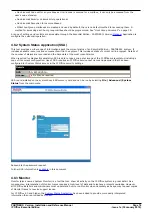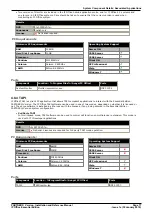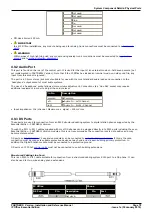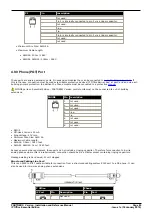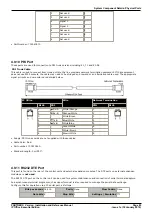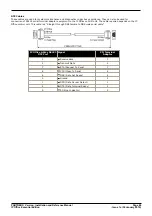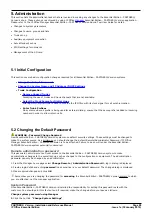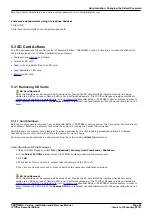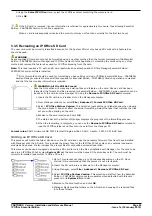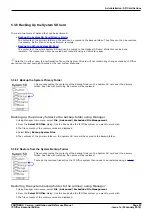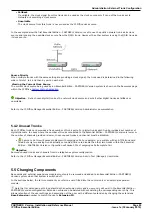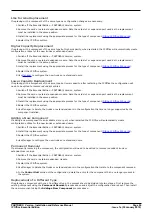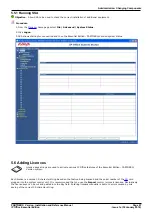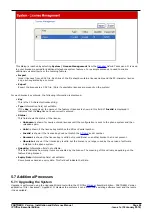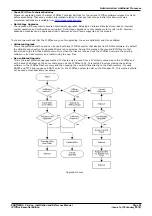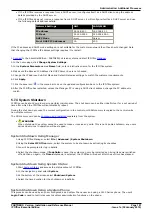
PARTNER® Version, Installation and Reference Manual
Page 90
- Issue 1a (30 January 2010)
IP Office Essential Edition
5.3.1.2 Card Startup
Reinserting a card into a system that is already switched on will automatically restart the card. Similarly reinserting the
card and rebooting the IP Office system will restart the card. However, if the card has been shutdown but not removed, it
can be restarted using Manager without requiring a reboot.
Card Startup Using Manager
1. Using IP Office Manager, select File | Advanced | Memory Card Commands | Startup.
2. Using the Select IP Office menu, select the IP Office system containing the memory card.
3. Click OK.
After reinsertion, the SD card may not be fully functional until two hours have elapsed.
5.3.2 Directories and Files
The System SD card contains the following folders:
·
primary
Contains the firmware files for the IP Office control unit, external expansion modules and
supported phones. The folder can also contain music on hold files and license key files. This is the
main set of files used by the IP Office system when booting up. Also contains the stored copy of
the IP Office configuration.
·
backup
Contains a copy of the primary folder at some previous point. A backup copy of the primary
contents to this folder can be invoked manually (using Manager or SSA) or as part of the IP Office
software upgrade using Manager.
·
lvmail
Contains the prompts used by embedded voicemail and the mailbox messages.
·
dynamic
Contains files used by the IP Office and retained through a reboot of the IP Office system.
·
temp
Contains temporary files used by the IP Office and not retained through a reboot of the IP Office
system.
The Optional SD card can contain a similar set of folders. These are used as an additional backup or they can be used as
the source for upgrading the contents of the System SD card.
Files present on an SD system card can be classified into three differing types:
1. Fixed System files – files essential for system operation that are fixed in name and/or location
2. Dynamic System files – files essential for system operation that are dynamic in nature (e.g. voice messages, Sysmon
and
SMDR
buffer logs)
3. Non system files – all others
Fixed system files comprise:
Dynamic system files comprise:
·
IP Office 500 firmware binary
·
Expansion binaries
·
All current DCP phone binaries
·
All current IP phone binaries
·
ADMM base station binary
·
Embedded voicemail prompts
·
Embedded AA clips
·
System configuration
·
DHCP allocation
·
Call logs
·
Music On Hold (Not yet implemented)
·
Embedded voicemail recordings
·
Sysmon logs
·
SMDR buffer logs

